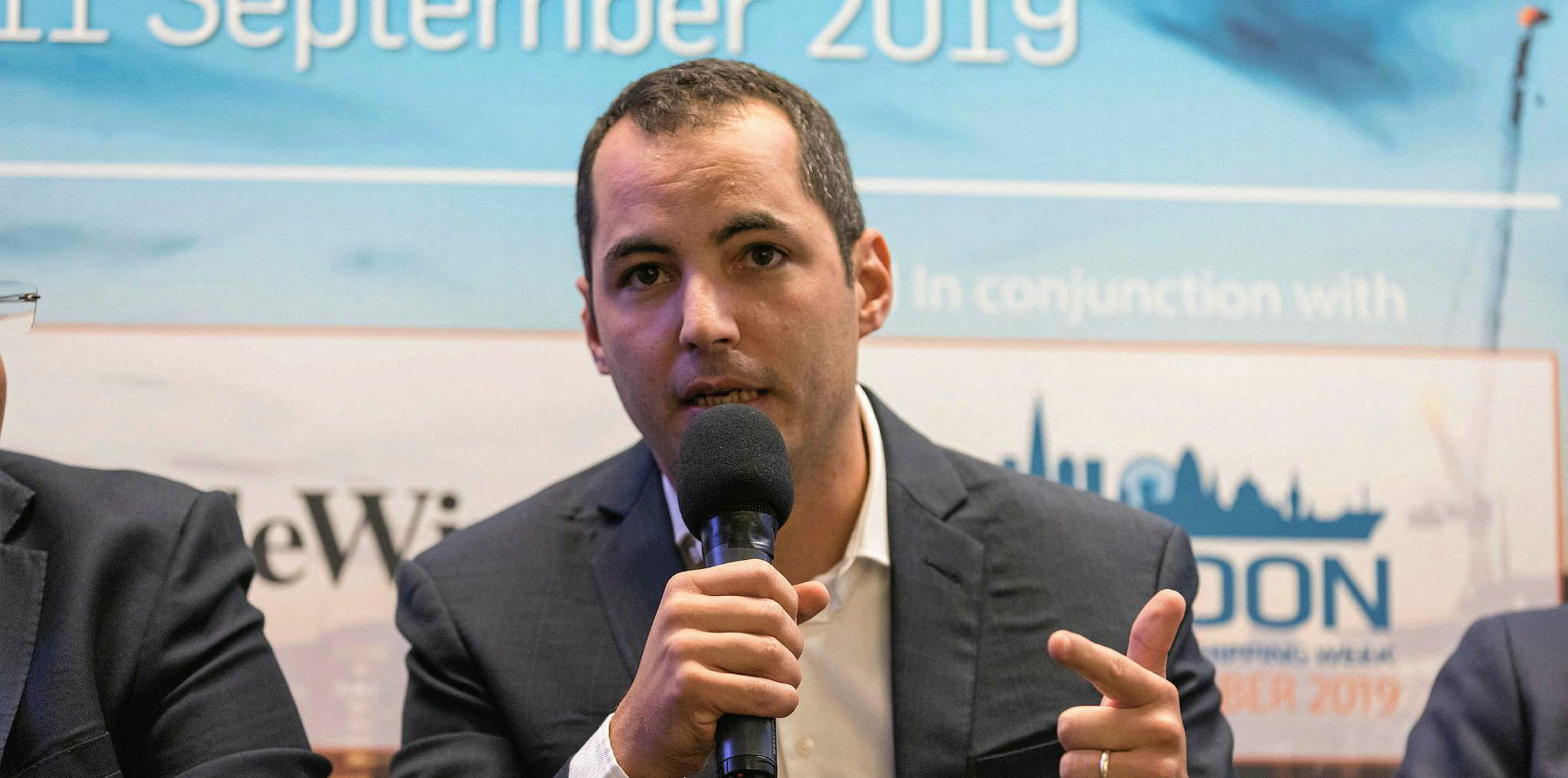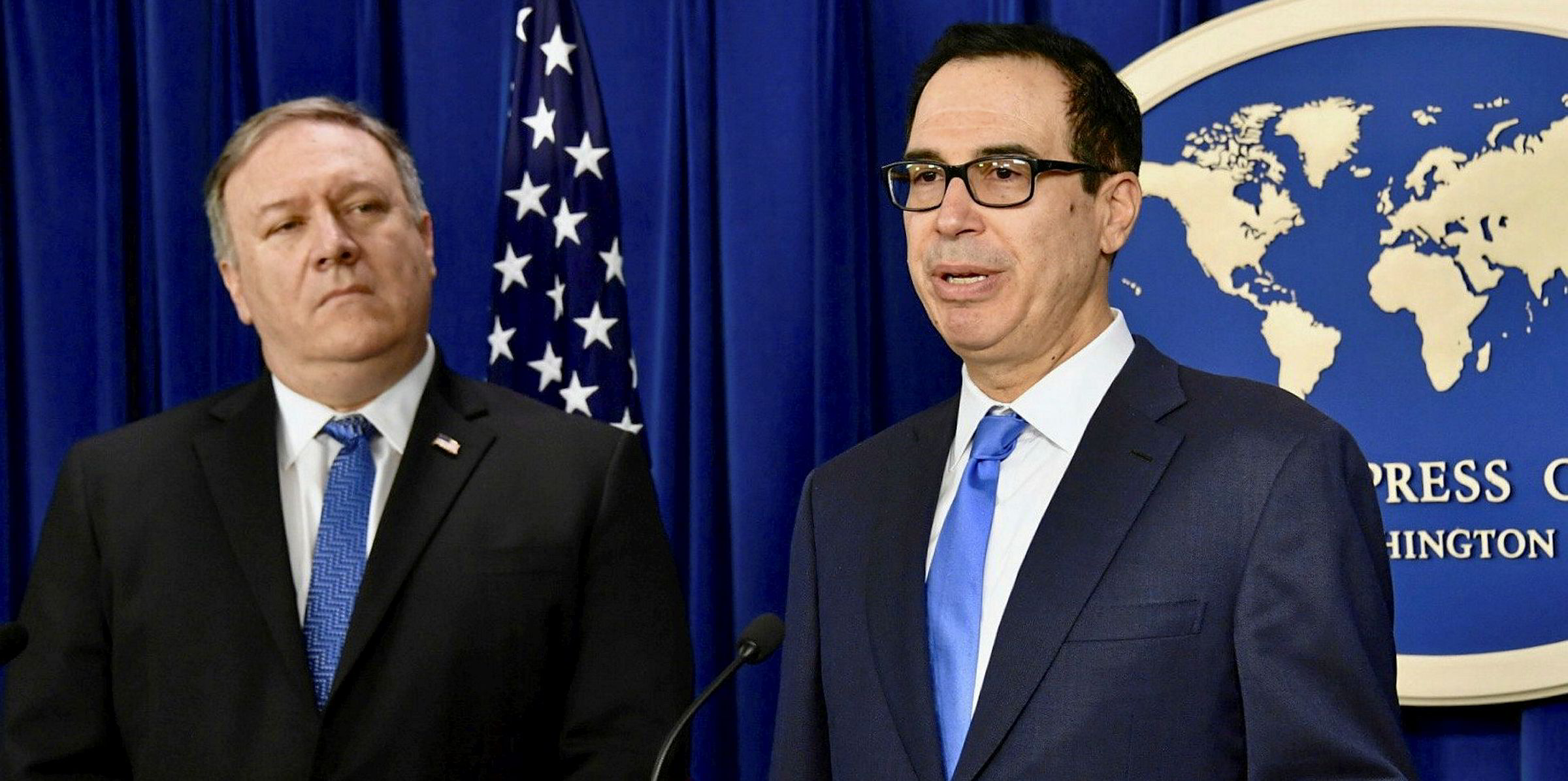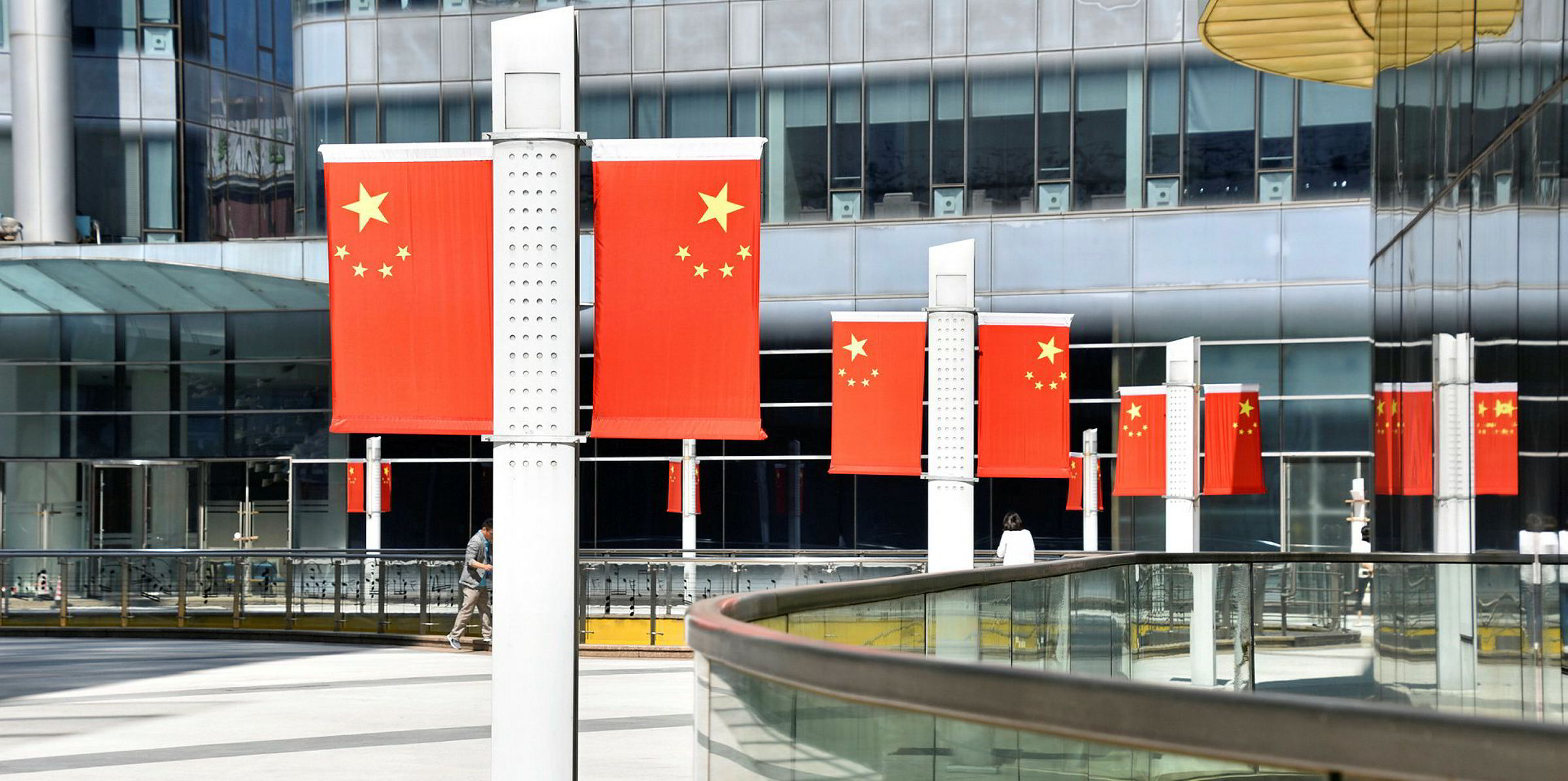Israeli technology company Windward has clinched a deal to help BP Shipping comply with sanctions when operating and chartering vessels.
Windward said the partnership will use behavioural analytics and insights so that the UK oil major can digitise its vetting practices.
This involves due diligence that sticks to the highest global standards, it added.
US Office of Foreign Assets Control (Ofac) sanctions have been tightening the net against companies trading with Venezuela and Iran in recent months.
"The Ofac advisories published recently are a game-changer for the maritime and trade ecosystems regarding compliance requirements," said Mark Fortnum, BP Shipping's vice president of technical and vetting.
"Solutions that can increase both quality and efficiency in our sanctions compliance operations are essential across all related business transactions."
Year-long evaluation
He added that the company evaluated Windward for 12 months.
"We ... have gained a clear insight into what their capabilities and domain expertise can deliver across the due diligence and know-your-vessel process," he said.
"It has been a process of true collaboration and partnership to provide a solution adapted to BP Shipping’s needs."
Windward commercial VP Ron Crean declined to go into detail about how the company goes into ensuring compliance.
"We can't talk about the detail but in essence we have built a unique global view of all IMO vessels and provide go/no go decision support for every vessel, every day," he told TradeWinds.
"We use AI to behaviour analysis to assist with flagging vessels that breach sanctions. This kind of analysis is very much different than screening against lists or port calls because of the complexities and opaqueness of trade. It requires next-generation machine learning to make it make sense."
Crean explained that the new Ofac advisory does two things.
New 'actors' named
"First, it covers at length what are ‘deceptive shipping practices’, the behaviours that organisations are required to pay attention to as signals of possible risk of designation," he said.
"Second, it includes actors from across the supply chain; some are now named for the first time," he added.
"It means Ofac expects that every organisation has a way of screening for the behaviour of ships for the first time, and not just their historical positions."
Former BP chief executive John Browne was appointed chairman of Windward last year.
The company told TradeWinds he was not involved in the BP negotiations.
Browne ran the group between 1995 and 2007 and first got involved with Windward as an investor, before joining as a board member.
The BP deal comes at a time when tanker operators are finding themselves in the sights of Washington.
Three out of the four Greek companies that saw the US recently impose Venezuela-related sanctions on their ships said over the weekend they will not touch the trade without express authorisation by Washington, or unless there is regime change in the Latin American country.
NGM Energy, Thenamaris and Dynacom said they will stay away from the business.





